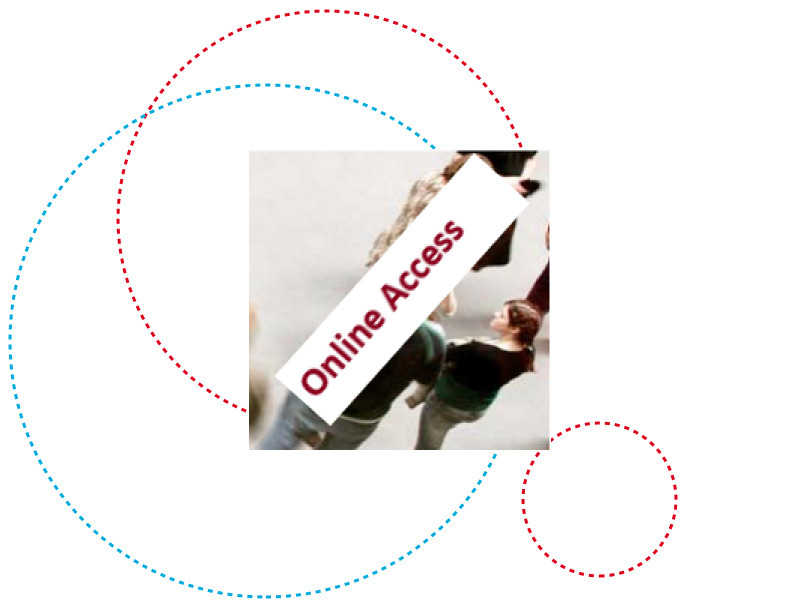Do higher wages lead to more automation innovation? To answer this question, we first introduce a new measure of automation by using the frequency of certain keywords in patent text to identify automation innovations in machinery. We show that our measure is correlated with a reduction in routine tasks in a cross-sectoral analysis in the US. We combine macroeconomic data from 41 countries and information on geographical patent history to build firm-specific measures of low-skill and high-skill wages. In a firm-level panel analysis, we find that an increase in low-skill wages leads to more automation innovation with an elasticity between 2 and 5. An increase in high-skill wages tends to reduce automation innovation. Placebo regressions show that the effect is specific to automation innovations. Finally, we focus on a specific labor market shock, the German Hartz reforms, and show that they reduced automation innovations by non-German firms relatively more exposed to Germany.
Professor David Hémous is the UBS Foundation Associate Professor of Economics of Innovation and Entrepreneurship at the University of Zurich and an Affiliated Professor at the UBS Center. He holds a PhD degree from Harvard University and was previously an Assistant Professor at INSEAD. His research interests focus on Economic Growth, Innovation, International Trade and Environmental Economics. In particular, he has worked on the role of innovation for climate change policies, the impact of automation on income distribution and the link between innovation and top income inequality. He is the recipient of an ERC Starting Grant on Automation and his work has been published in top economic journals such as the American Economic Review or the Journal of Political Economy.
Registration
– Free seminar
– Registration to dem@uni.lu (please specify full name and institution)
